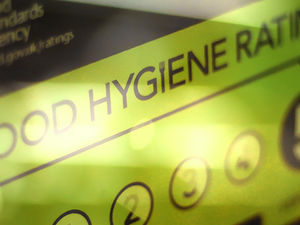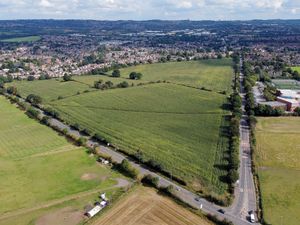Number of weekly Covid-19 cases in Dudley doubles
The number of new Covid-19 cases in Dudley has doubled compared to the previous seven days, health bosses have admitted.
A total of 66 people tested positive in the week to Monday compared to 36 the week before, although the borough has the lowest rate of infections in the Black Country.
The rise comes as national cases spiralled upwards forcing, the government to bring in limits on the numbers of people who can meet in social gatherings.
More Covid-19 coverage:
Bal Kaur, director of public health for Dudley Council, said: “Like the rest of the country, the number of cases of Covid-19 in the borough continues to rise.
“The latest publicly available data shows there were 66 cases from September 1 to September 7, a rate of 20.5 cases per 100,000 residents, compared to 36 the previous week, a rate of 11.2 cases per 100,000.
“We need everyone to follow this latest government guidance to help control the virus.
Vital
“It’s vital people continue to follow the rules on social distancing when out about and not congregate in groups of more than six.”
She added: “This virus has not gone away. Although we’re not at the point of a local lockdown and our figures are the lowest in the Black Country and Birmingham area, we all must continue to do our bit so it stays that way in Dudley.”
Her message was reinforced by Councillor Patrick Harley, leader of Dudley Council, who said: “Together we can beat this virus. We know it’s not behind us and there may be more challenging times ahead but if we all play our part, we can reduce the spread of infection.
“We must continue to take this seriously and follow the latest advice and restrictions.
“Please, if you or anyone in your household is showing symptoms, get a test, stay a home and protect your fellow citizens.”
The rise in Dudley was revealed as the government announced fines for anyone meeting in social groups of six or more either indoors or in open spaces.
From Monday people breaking the limit can be issued with a fine of £100, which will double on each further repeat offence up to £3,200.





